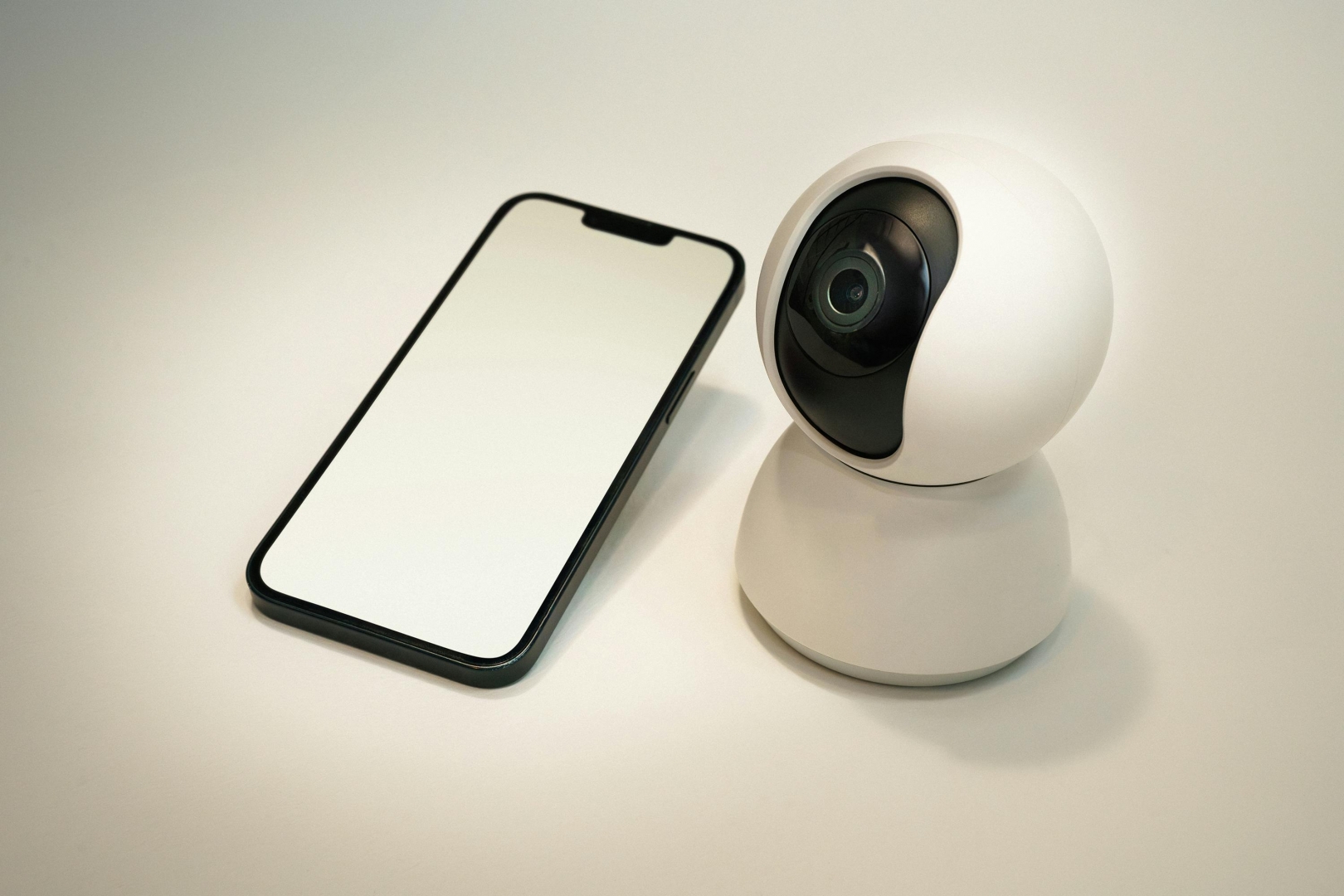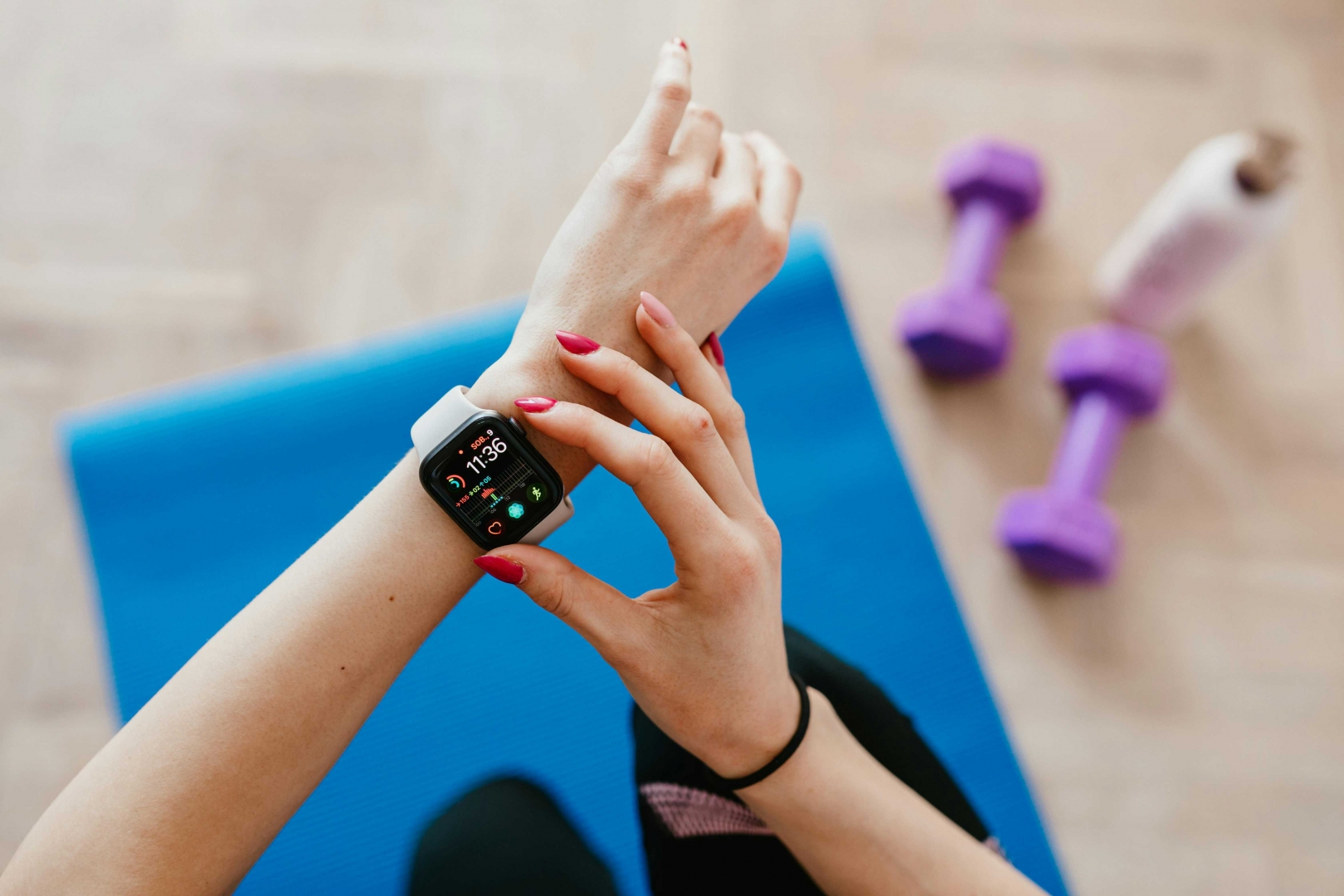Is Your Smartphone Spying on You? Understanding Privacy Risks

Trending

ncwjcnwecnwe
ncwjcnwecnwe

10 Game-Changing Fiverr Services Every Entrepreneur Should Know About in 2025
10 Game-Changing Fiverr Services Every Entrepreneur Should K

Fiverr vs Upwork: Which Freelance Platform Is Better in 2026?
Fiverr vs Upwork: Which Freelance Platform Is Better in 2026

What Is Fiverr and How Does It Work? (Beginner’s Guide)
What Is Fiverr and How Does It Work? (Beginner’s Guide)

10% OFF CODE: CLEAN10
10% OFF CODE: CLEAN10

Top 10 Adobe Creative Cloud Desktop Apps
Top 10 Adobe Creative Cloud Desktop Apps
In today's digital age, smartphones have become an essential part of our daily lives. However, as these devices grow more advanced, they also raise serious privacy concerns. Many users are unaware of how much data their smartphones collect and who has access to it. This blog explores the key privacy risks associated with smartphones and how you can protect yourself.
1. App Permissions and Data Collection
Many apps request access to personal data such as location, contacts, microphone, and camera. While some permissions are necessary for functionality, others may be excessive. Apps can collect and share your data with third parties, leading to privacy breaches.
How to protect yourself:
-
Review app permissions regularly and disable unnecessary access.
-
Use privacy-focused apps and alternatives to mainstream services.
-
Restrict background data collection in device settings.
2. Microphone and Camera Eavesdropping
There have been reports of smartphones seemingly listening to conversations and displaying related ads. While tech companies deny active eavesdropping, malicious apps or spyware can secretly access your microphone and camera.
How to protect yourself:
-
Disable microphone and camera access for apps that don’t need them.
-
Use camera covers or stickers when not in use.
-
Install security software to detect unauthorized access.
3. Location Tracking
Smartphones constantly track users' locations through GPS, Wi-Fi, and mobile networks. Many apps collect and share location data, often without clear user consent.
How to protect yourself:
-
Turn off location services when not needed.
-
Use “Approximate Location” instead of “Precise Location” where possible.
-
Regularly review which apps have access to your location data.
4. Data Harvesting by Big Tech Companies
Major tech companies collect vast amounts of data from smartphones, including browsing history, app usage, and personal preferences. This data is often used for targeted advertising and can be shared with third parties.
How to protect yourself:
-
Opt out of personalized ads in device settings.
-
Use privacy-friendly search engines and browsers.
-
Consider de-Googling your phone by using open-source operating systems.
5. Public Wi-Fi and Network Vulnerabilities
Connecting to public Wi-Fi exposes your data to potential hackers. Cybercriminals can intercept unencrypted communications and steal sensitive information.
How to protect yourself:
-
Avoid logging into sensitive accounts on public Wi-Fi.
-
Use a Virtual Private Network (VPN) for secure browsing.
-
Disable auto-connect for Wi-Fi networks.
6. Spyware and Malware Threats
Malicious apps and spyware can infiltrate smartphones, allowing attackers to steal personal data, track activity, and even remotely control the device.
How to protect yourself:
-
Only download apps from trusted sources.
-
Regularly scan your device for malware.
-
Keep your smartphone's software up to date.
7. Government and Corporate Surveillance
Governments and corporations can legally or illegally collect data from smartphones. Surveillance programs may monitor calls, messages, and online activity.
How to protect yourself:
-
Use encrypted messaging apps for sensitive conversations.
-
Limit the use of biometric authentication to reduce data exposure.
-
Stay informed about privacy laws and policies in your country.
Conclusion
Smartphones are incredibly useful but come with significant privacy risks. By taking proactive measures, such as reviewing permissions, using privacy-focused tools, and staying informed, you can reduce your exposure to data collection and cyber threats. Stay vigilant and take control of your digital privacy today.



















